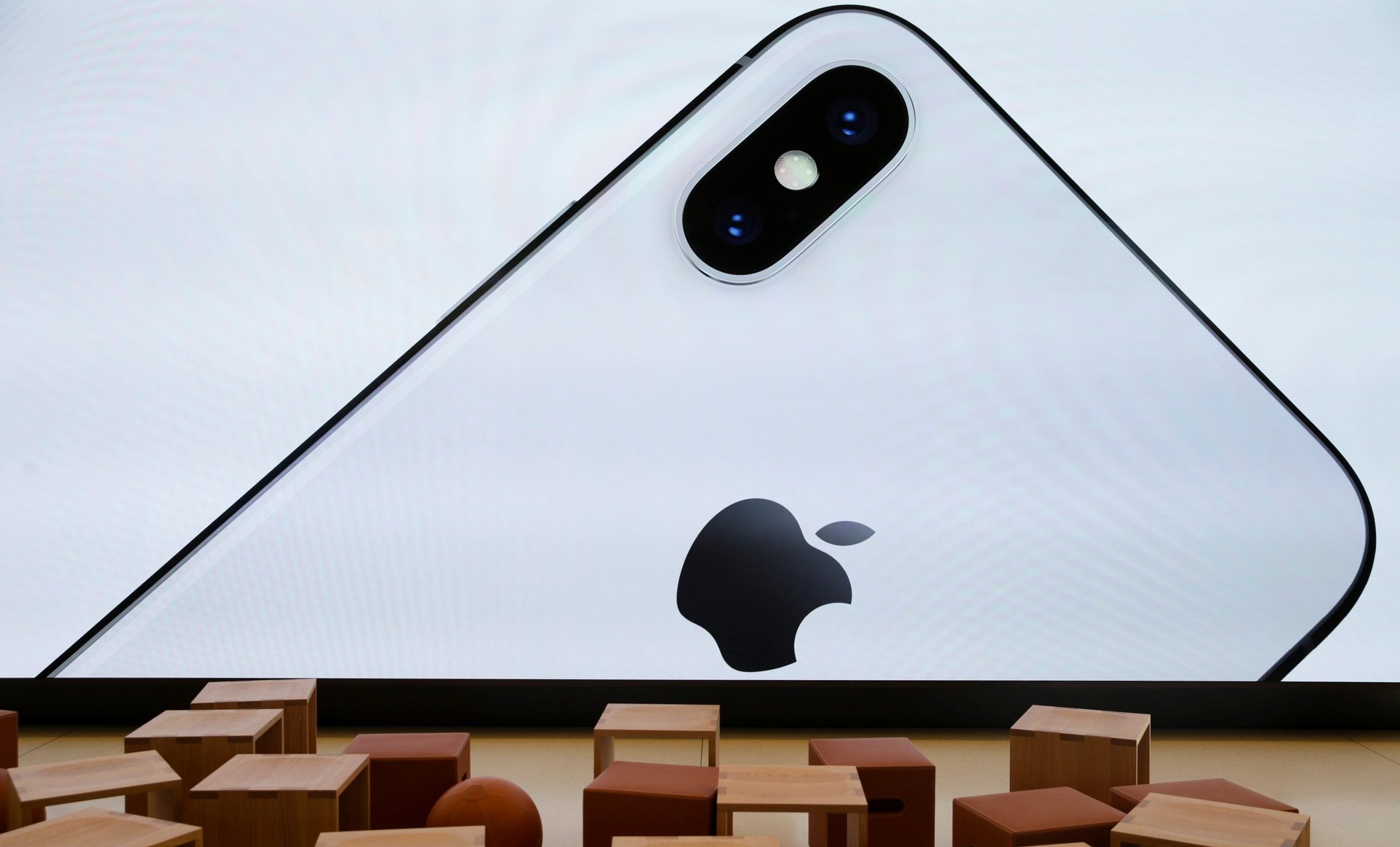The US is investigating Apple over its updates to slow older iPhones
The US Department of Justice is privately probing Apple to determine whether it violated securities laws in its disclosure of an update to its mobile operating system that slows down performance on older iPhones, Bloomberg reports. The revelation comes in the run-up to Apple’s quarterly earnings on Thursday (Feb. 1) and amid pressure on the company’s shares from reports of lower-than-expected iPhone X sales.


The US Department of Justice is privately probing Apple to determine whether it violated securities laws in its disclosure of an update to its mobile operating system that slows down performance on older iPhones, Bloomberg reports. The revelation comes in the run-up to Apple’s quarterly earnings on Thursday (Feb. 1) and amid pressure on the company’s shares from reports of lower-than-expected iPhone X sales.
Thus far, the government has only requested information from the company, Bloomberg’s sources said, and the probe, in its early stages, may not lead to enforcement. Still, company shares dipped 1.9% to $164.70 in the early afternoon. Apple did not respond to a request for comment.
Last year, a discussion on Reddit spurred John Poole, the founder of computer-monitoring software company Geekbench, to research whether Apple was intentionally downgrading processor performance on iPhones with older batteries. On Dec. 20, Apple confirmed that it did indeed program slowdowns without customer knowledge.
In a statement sent to Quartz on that day, the tech giant argued that the feature was for the customer’s benefit:
Lithium-ion batteries become less capable of supplying peak current demands when in cold conditions, have a low battery charge or as they age over time, which can result in the device unexpectedly shutting down to protect its electronic components.
Last year we released a feature for iPhone 6, iPhone 6s and iPhone SE to smooth out the instantaneous peaks only when needed to prevent the device from unexpectedly shutting down during these conditions. We’ve now extended that feature to iPhone 7 with iOS 11.2, and plan to add support for other products in the future.
Within days, consumer advocacy groups and individual iPhone users brought two class-action lawsuits against Apple, alleging that the company had engaged in deceptive business practices to effectively force customers to buy new iPhones earlier than necessary.
The latest development to the ongoing saga is another blow to the company, which has already been under fire for other high-profile issues, including a login flaw that gave hackers access to any computers running macOS High Sierra and processor vulnerabilities that impacted all Mac and iOS devices. According to Bloomberg, Apple will delay key iPhone and Mac software features originally planned for release in the fall to refocus on product quality.